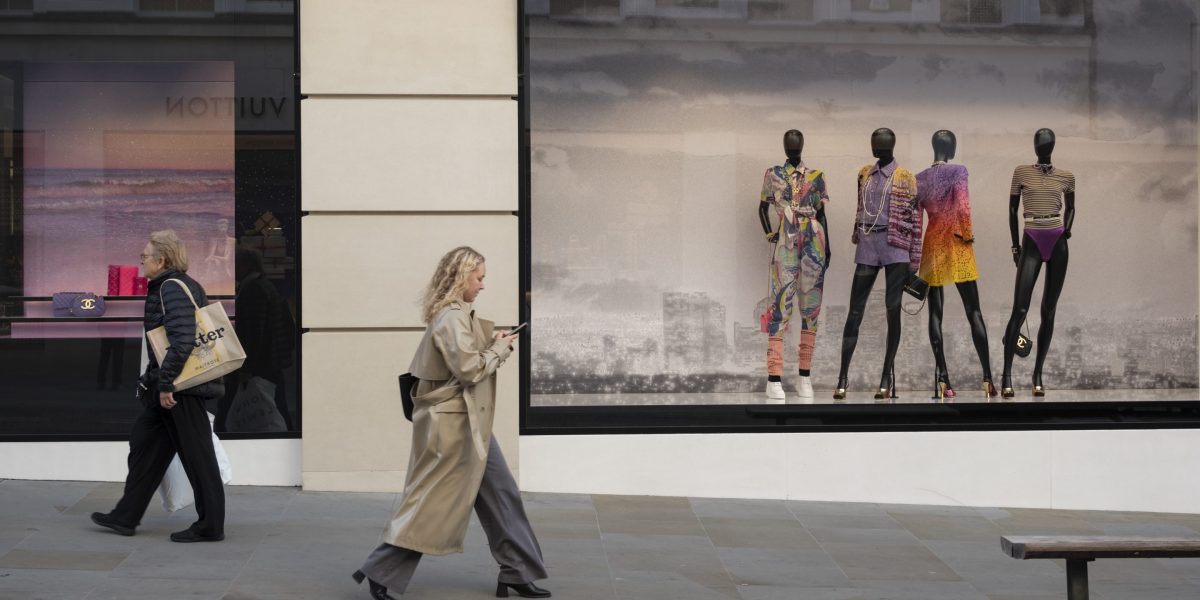A slowdown in the key Chinese market is currently lashing the financial performance of luxury houses but a Chanel executive warned Monday it faces an even greater risk from oversaturation and “luxury fatigue”.
Frederic Grangie, head of the watch and jewellery division at Chanel, told the Swiss daily Le Temps that 2025 and 2026 will be “complicated” for the luxury industry.
After three years of strong growth, the industry is now being buffeted by a drop in demand from China amid the country’s property market crisis and high youth unemployment.
Luxury industry leader LVMH saw sales slide 4.4 percent in the third quarter, primarily due to China, while sales at Gucci-owner Kering fell 15 percent.
China had been the growth driver for the luxury industry in recent years, and certain luxury firms had become overly dependent on it, Grangie said.
But he pointed to “a third factor that is much more worrying and explains why this crisis could last longer,” calling it a sort of “luxury fatigue”.
“There’s this feeling hitting mature markets in which customers are starting to ask what’s the point of this industry,” Grangie told Le Temps.
The luxury industry is used to weathering rough patches in the global economy, he said, but “this crisis will profoundly affect our business” because “our clientele is tired of being bludgeoned by luxury.”
Grangie said “2025 and 2026 will be complicated years” for the luxury industry.
But being a privately-held family firm allows Chanel “to look at crises through a different prism” and take a longer-term perspective, he said.
If such crises in the industry become frequent it will make it all the more important to take a long-term view, he added.
Furthermore, the luxury house founded in 1910 by Gabrielle “Coco” Chanel didn’t dive headlong into China and has a much smaller footprint there, with just 16 boutiques, Grangie said.

